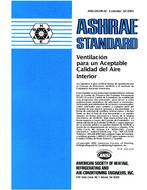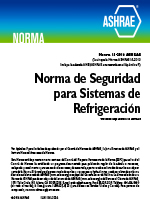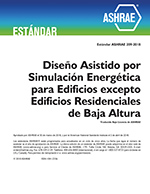Description
Nowadays people spend an average of 87% of their time inside buildings. Schools are a particularly delicate type of buildings for several reasons. Firstly, their primary occupants such as children, boys and girls are more vulnerable than adults, and spend a large portion of their time in schools. Secondly, pupils, but also teachers and other school personnel have often little or no control on the indoor environmental quality (IEQ). Thirdly, school buildings are usually either old and cannot ensure an adequate IEQ (e.g. cold and leaky), or, on the other hand, recent or recently refurbished, but designed based on energy-efficiency targets only. In the latter case, buildings are very airtight, and the indoor air quality often drops unless carefully designed and commissioned (i.e. periodically tuned as the boundary conditions such as age and number of pupils vary). Thus, the aim of this study is to investigate the IEQ in schools in South Tyrol (northern Italy) and Canton Ticino (Switzerland), and to develop design solution to improve the IEQ, and hence the health and well-being of the schools’ occupants. A number of case-studies has been selected in both countries including schools of all levels, and have been monitored to better evaluate the current situation. This paper presents the initial findings of the monitoring activity (including also some considerations on the complexity and limitations that are likely to occur while monitoring schools due to their young occupants) and some insights into the design solutions that are being developed to improve the IEQ in these schools. The analysis of the measured data shows that air quality in recently built schools may be considerably poorer than in older schools, being the daily average CO2 figures above 2000ppm and the peaks above 5000ppm. Further work is needed to evaluate the levels of other contaminants such as formaldehyde, TVOCs and particulate matter, and the related implications and possible solutions.
Citation: IAQ 2020: Indoor Environmental Quality
Product Details
- Published:
- 2020
- Number of Pages:
- 8
- File Size:
- 1 file
- Product Code(s):
- D-IAQ2020-C29
- Note:
- This product is unavailable in Belarus, Russia




